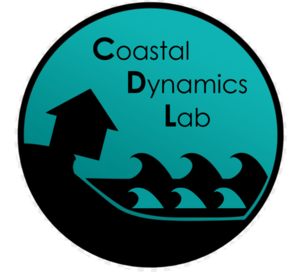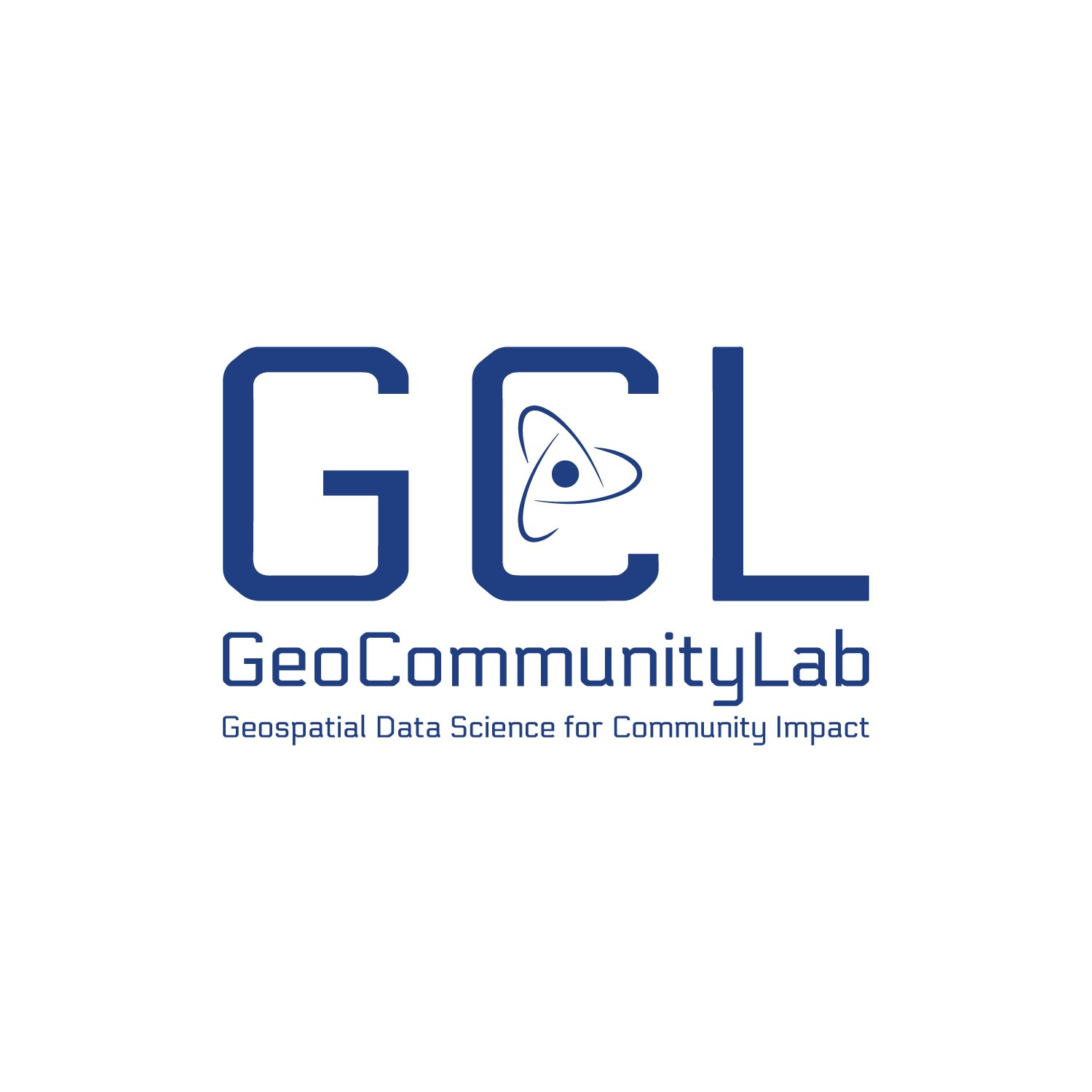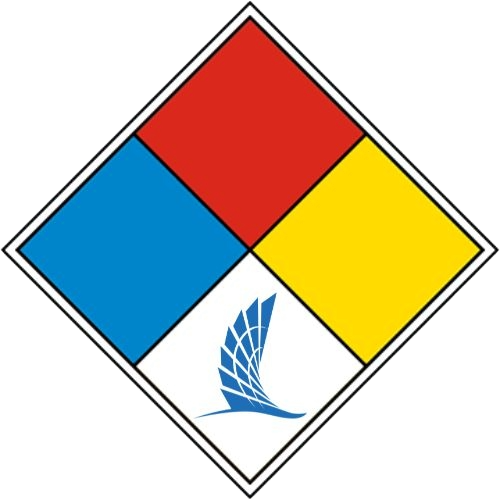By Luisa Buttler, Del Mar College, Contributed Content











CORPUS CHRISTI, Texas – Hailed as a “historic milestone in environmental science,” the National Science Foundation (NSF), in partnership with seven other federal agencies, has announced an overall investment of more than $100 million to establish seven inaugural national centers across the nation to further explore how to best develop Artificial Intelligence (AI) to benefit our society.
Collaborators include Texas A&M University-Corpus Christi (TAMU-CC) and Del Mar College (DMC), which are part of a unique partnership headed by the University of Oklahoma (OU) that will investigate how to enable rapid integration of trustworthy AI for increased societal impact.
Dr. Amy McGovern, OU professor, leads the NSF AI Institute for Research on Trustworthy AI in Weather, Climate, and Coastal Oceanography, which received $20 million of the NSF funding. The partnership is made of multiple academic institutions, two national laboratories, and private industry partners including Google, IBM, and NVIDIA.
“This institute is a convergent center that will create trustworthy AI for environmental science, revolutionize prediction and understanding of high-impact weather and ocean hazards, and benefit society by protecting lives and property,” McGovern said.
In the Texas Coastal Bend, the partnership will launch a first-of-its-kind pilot AI certificate program between TAMU-CC and DMC that will teach AI to a community college audience, and broaden participation by creating a pipeline for underrepresented students in different parts of the country. Through the institute, private industry partners, along with the National Center for Atmospheric Research, internships and mentoring programs for underrepresented groups and unique workforce retraining modules will be created to engage users in learning AI for environmental applications. McGovern believes the certificate to be tested at DMC – slated to begin in fall 2021 – will soon be the first certificate for AI in geosciences in the nation.
The Coastal Bend team is led by Conrad Blucher Institute’s (CBI) interim director, Dr. Philippe Tissot, who is working in close partnership with TAMU-CC colleagues including Dr. Scott King, Computer Science Professor, along with a DMC team led by Dr. Phillip Davis, Computer Science Professor. The local team is supported by $3.2 million over the next five years.
Developing Coastal AI models using big data and satellite imagery to better predict and understand beach inundation which impacts beach goers and nesting of sea turtles will be one of the current goals of the inaugural AI center.
“The impact of mankind on our environment has continuously increased and our planet has effectively become a managed system,” Tissot said. “We must be smart, efficient, and creative if we hope to evolve towards a new balance between humankind and our earth. AI has the potential to take advantage of the large data sets now available and growing computational capabilities to help us do a better job in the face of challenges such as climate change, increase of extreme events and relative sea level rise.”
At TAMU-CC, the center will fund several graduate students, faculty, and undergraduate researchers and house DMC students participating in the research.
“Our partnership continues with TAMU-CC to develop a pipeline of GIS and remote sensing students, specifically students starting at the high school level who then move on to earn an associate’s degree from DMC as well as pursue a bachelor’s degree from the University,” said Davis, who noted that this innovative 2+2+2 program will serve as a model for other universities and colleges as the AI field grows nationwide between 2020 and 2030.
Local research will also focus on ways AI models can help better manage the environment and the economy. For example, how combining satellite imagery and numerical models to predict coastal fog will help manage ship traffic.
“The Texas Coastal Bend is thrilled to work with such a great team to bring and develop its Coastal AI expertise and create fantastic opportunities to a very diverse community, including many Hispanic and first-generation students,” said Dr. Ahmed Mahdy, TAMU-CC Vice President for Research and Innovation. “The Island University is the intellectual capital of the region. Our interdisciplinary research, like Coastal AI, is strategically unique and is a result of our innovation ecosystem.”







